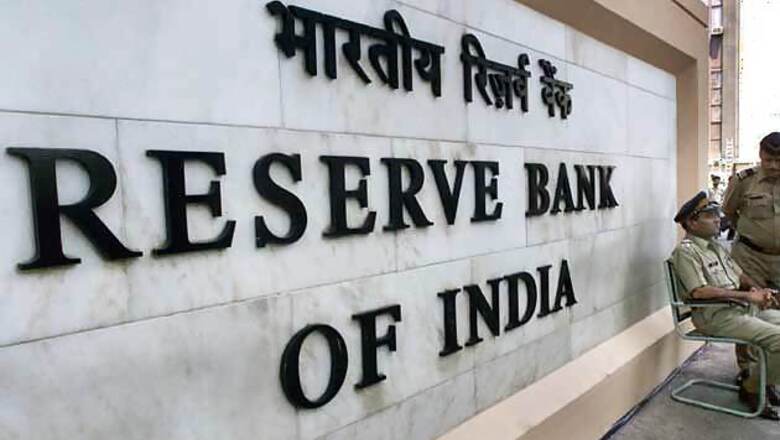
views
New Delhi: The Reserve Bank of India is likely to cut rates by 0.25 per cent in its monetary policy review on May 3, driven by falling inflation levels and recent declines in the prices of oil, gold, and the trade deficit, according to a Barclays report. "We expect the central bank to cut rates 50 bp (0.50 per cent) by mid- 2013," Barclays said, adding that RBI is likely to ease policy rate by 0.25 per cent in its May 3 meeting.
The downside surprise in March WPI increases strengthens the case for monetary policy easing by RBI at May 3 policy meeting, it said. WPI inflation fell to 6 per cent year-on-year (y-o-y) in March from 6.8 per cent y-o-y in February.
The Barclays report further noted that "we expect the entral bank to cut rates 50 bp (0.50 per cent) by mid-2013 and ease liquidity tightness through open market purchases of government bonds (OMOs)...". Regarding the recent drop in commodity prices, the report said if the fall in prices of gold and crude oil is sustained, the immediate and most visible impact would be on the current account balance, which could improve by nearly 1 per cent of GDP in FY 13-14.
Given that high current account deficit has been one of the concerns of the central bank, a lower print, at the margin supports the case for a rate cut at May 3 policy meeting, Barclays said. Meanwhile, India's trade deficit fell to a two-year low of $10.3 billion in March, significantly below the $17.9 billion average deficit in January-February 2013, and the USD 16.6 billion average deficit during April 2012-February 2013.
RBI, in its mid-quarter monetary policy review on March 18, reduced the repo rate by 25 basis points (0.25 per cent) from 7.75 to 7.50 per cent to help revive growth. RBI, in its last policy statement, had mentioned that "headroom for further monetary easing remains quite limited" due to risks on account of the current account, and pressures on inflation.




















Comments
0 comment